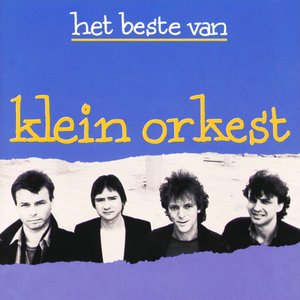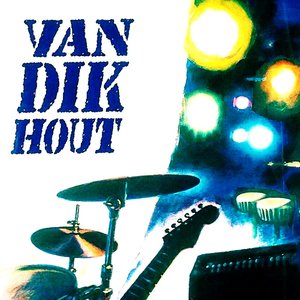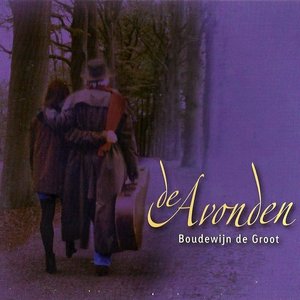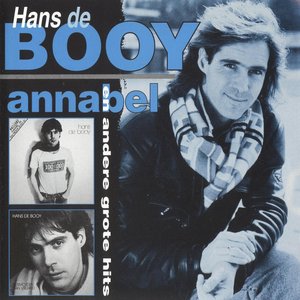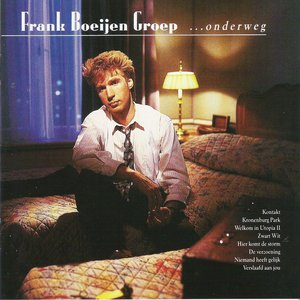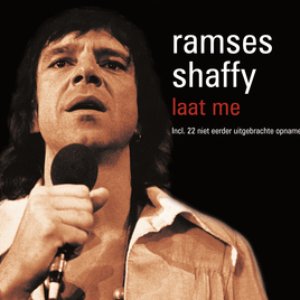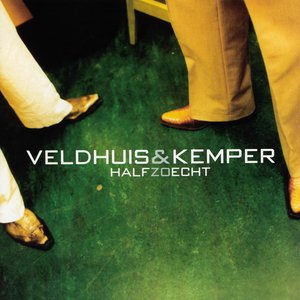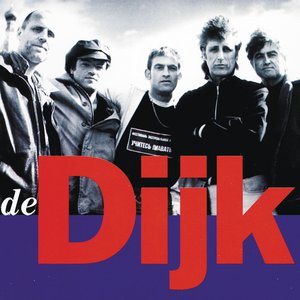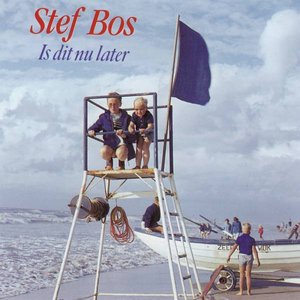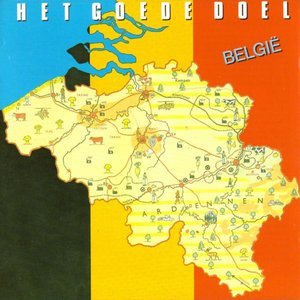Wiki
-
Length
3:28
"Over de Muur" is a song by the Dutch band Klein Orkest, released in 1984. It became one of their most popular and iconic tracks, reflecting the band's ability to blend pop music with thought-provoking political and social commentary. The song, which translates to "Over the Wall" in English, became a symbol of the period's political climate, especially in relation to the Berlin Wall and the division of East and West Germany.
Title Song
"Over de Muur" is one of the standout songs of Klein Orkest’s career. It addresses themes of division, political unrest, and the yearning for freedom, which were prevalent during the Cold War era. The song's catchy melody, paired with its politically charged lyrics, made it a significant and memorable track in Dutch pop music.
Background
Klein Orkest was a Dutch band known for mixing pop music with socially conscious lyrics. "Over de Muur" was released during the 1980s, a time when the world was still divided by the Cold War. The Berlin Wall, which separated East and West Germany, was one of the most enduring symbols of this division. "Over de Muur" was written by the band’s lead vocalist, Harry Slinger, and it directly references the Berlin Wall and the impact it had on families and individuals living in divided Germany.
The song was released as part of the band’s album Klein Orkest, and its poignant commentary on the wall resonated with listeners at the time, especially as tensions around the Berlin Wall were still high. The track became a national hit in the Netherlands and is still regarded as one of the band's most memorable songs.
Musical Style
"Over de Muur" blends pop with elements of folk and rock, which was characteristic of Klein Orkest's sound. The song features a catchy melody, with an upbeat rhythm and engaging instrumentation. The driving beat, combined with its simple yet memorable melody, gives the song a sing-along quality while maintaining a sense of seriousness due to its lyrical content.
The arrangement is relatively sparse, focusing on acoustic guitar and straightforward percussion, giving the song a folk-inspired feel that complements the political themes. The music's accessibility helped it become a pop hit, while the lyrics ensured it remained socially relevant.
Lyrical Analysis
"Over de Muur" is a protest song that uses the Berlin Wall as a metaphor for broader themes of division, separation, and political oppression. The lyrics speak to the emotional toll that the wall took on families, individuals, and entire nations. The song's narrator expresses a desire for freedom and a yearning for the wall to come down, reflecting the widespread hope for change during the 1980s.
The chorus, which repeats "Over de muur," captures the feeling of wanting to break through barriers, both literal and figurative. The song presents the Berlin Wall not just as a physical structure but as a symbol of the broader political division between East and West, particularly during the Cold War.
The lyrics are simple but powerful, using the wall as a representation of the emotional and social distance that political divisions create. The song's message is both a call for unity and a critique of the oppressive systems that separate people.
Chart Performance
"Over de Muur" was a commercial success in the Netherlands. The song reached high positions on Dutch music charts, becoming one of Klein Orkest's biggest hits. It resonated with Dutch listeners, many of whom were experiencing the same tensions surrounding the Cold War and the divided Europe.
The song also gained recognition for its political message and its role in the broader conversation about the Berlin Wall and its eventual fall in 1989. "Over de Muur" remains a significant track in Dutch music history and is often remembered for its cultural and political relevance.
Live Performance
"Over de Muur" became a staple of Klein Orkest's live performances. Its sing-along chorus and politically charged message made it a crowd favorite during concerts. The song’s straightforward instrumentation and catchy melody made it a highlight of their shows, and it allowed the band to connect deeply with their audience on the emotional and political themes of the time.
The song continues to be performed by the band in their live sets, and it is often seen as a defining moment in their career. Its enduring popularity reflects both its musical appeal and its social relevance.
Personnel / Band Members
Harry Slinger – Vocals, guitar
Joop de Korte – Bass
Willem de Bruin – Drums
John Tilly – Keyboards
Reception
"Over de Muur" was widely praised for its catchy melody and thought-provoking lyrics. The song’s ability to address political issues while remaining accessible to a wide audience made it a significant track in Klein Orkest's catalog. Critics appreciated the band's use of music to engage with contemporary social issues, and the song became a key part of the conversation about the political climate in Europe during the 1980s.
The song's success also helped cement Klein Orkest's reputation as one of the leading bands in the Dutch music scene at the time.
Trivia
"Over de Muur" is often regarded as one of the most important Dutch protest songs of the 1980s.
The song was released at a time when the Berlin Wall was still standing, and its message of unity and freedom resonated with listeners who hoped for change in the political landscape.
The track was a major influence on later Dutch music that blended political themes with pop music, paving the way for other socially conscious artists in the Netherlands.
Legacy
"Over de Muur" remains one of Klein Orkest’s most enduring songs. Its relevance has only grown over the years, especially as the fall of the Berlin Wall in 1989 marked a turning point in European history. The song continues to be celebrated for its ability to blend political activism with popular music, making it a timeless anthem of freedom, unity, and resistance against division.
The track remains a classic in the Dutch pop music scene, often played in retrospectives of 1980s music. It also serves as a reminder of the powerful role that music can play in raising awareness about social and political issues, especially in times of conflict and division.
Track descriptions on Last.fm are editable by everyone. Feel free to contribute!
All user-contributed text on this page is available under the Creative Commons Attribution-ShareAlike License; additional terms may apply.
